ASciNA is governed by the Board of Directors (Vorstand), which is composed of elected officers and chapter presidents, while past presidents provide continuity. Our board members are distinguished Austrian scientists and scholars, living or having lived and worked in the United States, Canada, or Mexico – most of them for a decade or more.
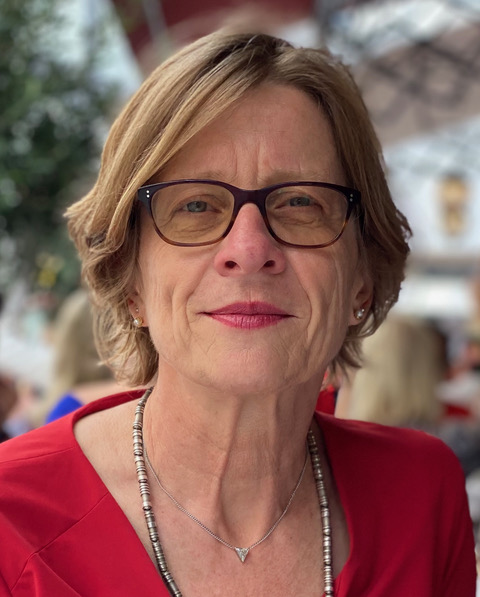
Alexandra Lieben
President and Chapter President, Pacific South
Alexandra Lieben is the deputy director of the Ronald W. Burkle Center for International Relations. The Burkle Center fosters research and is Southern California’s leading center for the analysis and discussion of global affairs and U.S. foreign policy. Lieben is lecturer at the UCLA Luskin School of Public Affairs and at the USC Price School of Public Policy. She is also an affiliated faculty member of the Promise Institute for Human Rights at the UCLA School of Law. A certified mediator, she teaches constructive communication, alternative dispute resolution, and community development to undergraduate and graduate students at UCLA. For more than a decade, she has held seminars in crisis prevention, crisis de-escalation, constructive communication and intercultural competence for members of public safety and public sector agencies. Alexandra Lieben is a member of the board of directors of Villa Aurora & Thomas Mann House e.V. in Berlin, Germany. As a member of the advisory board of the Thomas Mann House in Los Angeles, Lieben is deeply involved with its residency program for social scientists, writers, and journalists and the mission to foster transatlantic dialogue around the topic of democracy.
Alexandra Lieben grew up in the music industry and worked for years as a rock and jazz concert promoter in Austria. She eventually pivoted to the film industry and spent several years in feature and documentary film production both in Austria and in Los Angeles. Lieben graduated summa cum laude with a BA in sociology from the University of California, Los Angeles and holds an MA in public policy with specializations in conflict resolution and international affairs, also from UCLA.
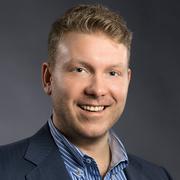
Michael J. Fink
Vice President
Michael Fink is a scientist and entrepreneur leading early-stage innovation and applied research in digital-meets-physical technologies, drawing from expertise in chemistry, material science, biotechnology, and informatics. Michael is the CEO of Mask Logic, an Edinburgh-based startup developing face-sizing technology and personalized face wear for applications in safety, medical treatment, and immersive visualization.
Prior to relocating from Massachusetts to Scotland in 2022, he was an Erwin Schrödinger Postdoctoral Fellow (2015–2017) and later Research Associate (2017–2020) in the research group of George M. Whitesides at the Department of Chemistry and Chemical Biology, Harvard University.
Michael co-led the ASCINA chapter in the Greater Boston Area 2016 to 2022 alongside Magdalena Klemun, and served as President of the Harvard Club of Austria Student Chapter and on the organizing committee of the McCloy Viennese Ball at Harvard (2016–2022). He earned his undergraduate and graduate degrees in chemical engineering from TU Wien in Austria.
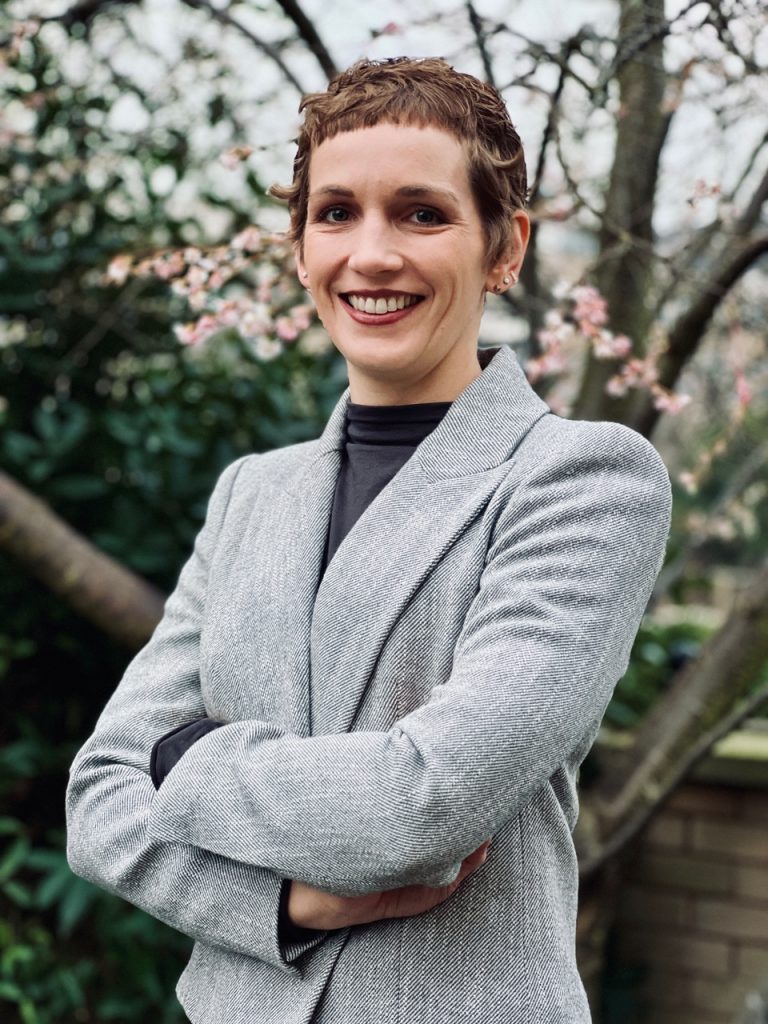
Elisa Arthofer
Vice President Alumni-Global,
Chapter President United Kingdom
Elisa Arthofer holds a PhD in Pharmacology awarded jointly from the Karolinska Institutet in Sweden and the National Institutes of Health in the US, along with a MSc and BSc in Medical and Pharmaceutical Biotechnology from the IMC University of Applied Sciences Krems, Austria. In 2024, she earned an executive MBA with a focus strategy leadership and innovation. During the past 15+ years, Elisa has gained extensive hands-on experience in medical biotechnology, immuno-oncology, and cell therapy and genome engineering to cure cancer. She has worked in world-class academic institutions such as the National Institutes of Health and the Karolinska Institutet and led research teams in a medium-sized pharma company and a biotech start-up. In one of her pervious roles, Elisa led the immune-oncology research and development team of a clinical-stage biotech start-up out of Cambridge (UK), where she managed multiple research programs around engineering novel cell therapies for cancers and drove the development of gene-engineered TCR and CAR-T based cell therapies as well as a small molecule discovery program. In 2022, Elisa joined a London-based venture studio to use her expertise to formulate strategies for novel startups in the space of cancer immunotherapy. One of her original ideas was launched as a startup in late 2023 named “OligoTune”.
Since 2024 Elisa heads up the program management at a Cambridge/UK-based genomics startup developing technologies that can characterise genome breaks in cell&gene therapies with unparalleled resolution, hoping to bring more of these therapies to the clinic.
In her spare time, Elisa spends time with her Hungarian Vizsla Raha or training for a triathlon or socialising in the pub or in the beautiful greens of Cambridge.
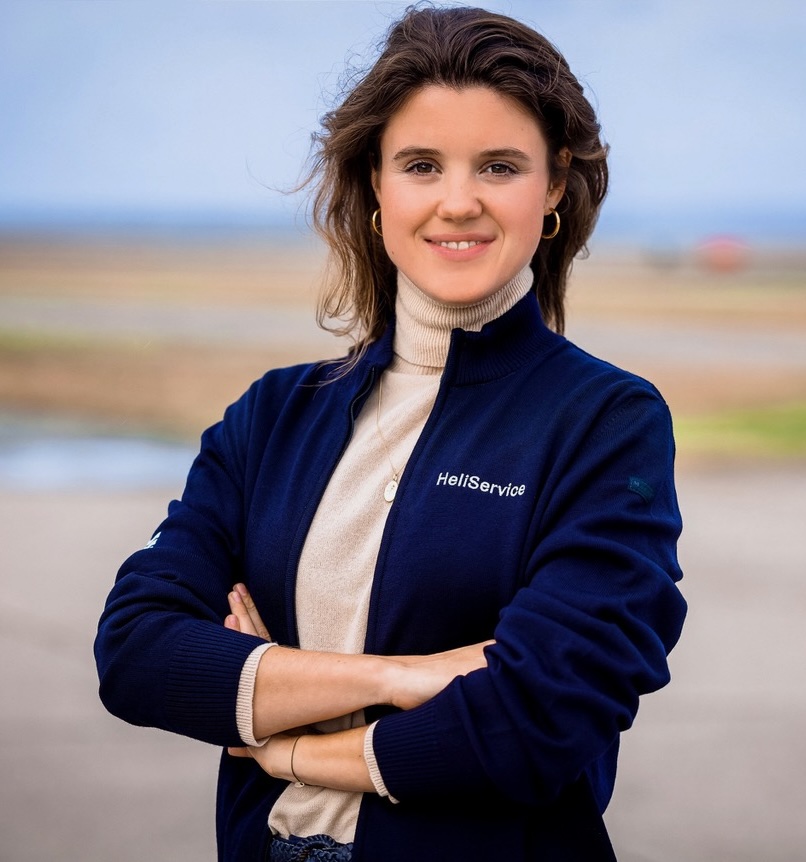
Sophie Krenn
Secretary and Chapter President, Greater Boston
Sophie Krenn, Viennese by blood and now based in Boston, has a passion for green energy and presently serves as the Director of Business Operations and Marketing at HeliService USA, joining as its second employee in fall 2022. HeliService USA stands as the primary helicopter operator within the US Offshore Wind Industry, catering to the only wind farms currently under construction – SouthFork Wind and Vineyard Wind. Sophie plays a pivotal role in shaping the company’s mission and culture, overseeing day-to-day operations, implementing strategies, and managing departments including finance, compliance, legal, HR, and marketing. With a team of over 30 employees, the company has successfully transported more than 5,000 passengers since its launch in June 2023. Prior to joining HeliService USA, Sophie earned her Business Law degree from WU in Vienna, followed by her Masters at Columbia University as a Fulbright scholar, focusing on renewable energy finance.
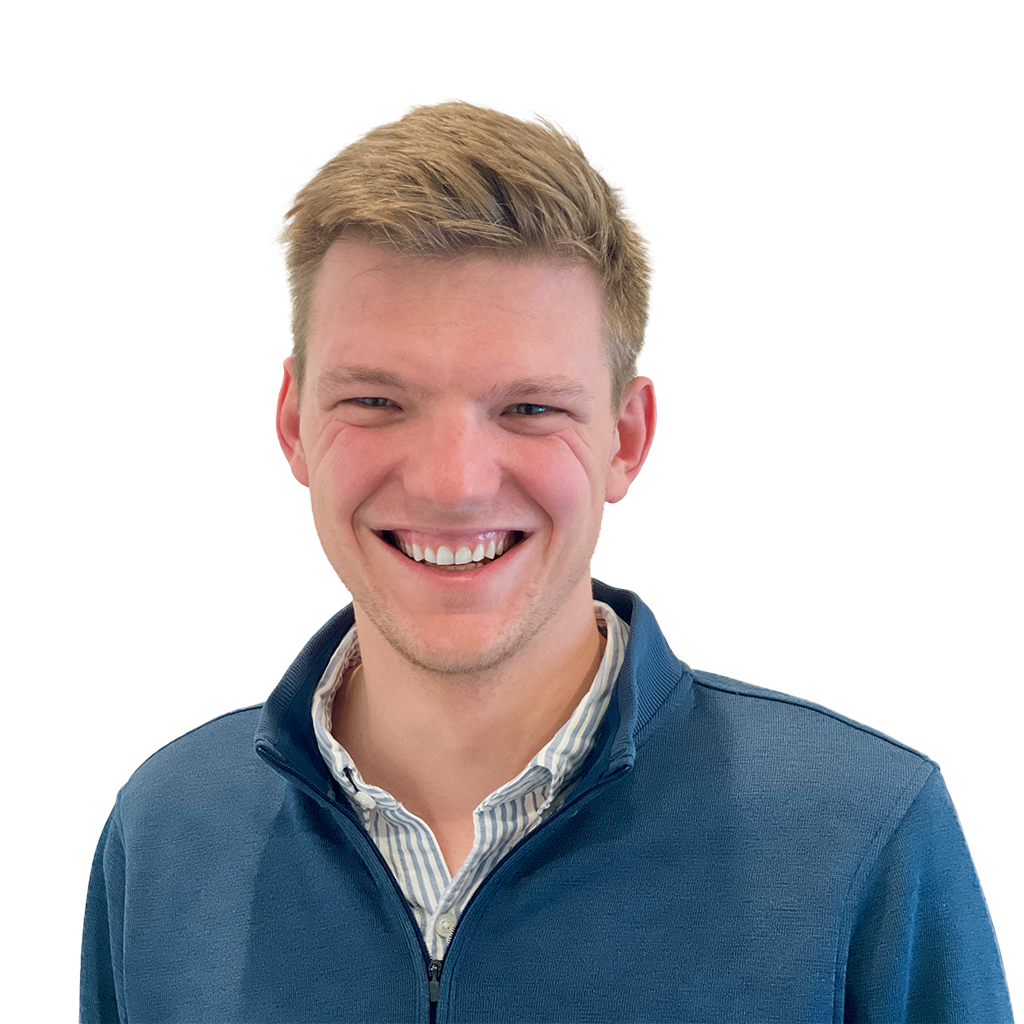
Lucas Liebenwein
Vice Secretary and Chapter President, Greater New York
Lucas Liebenwein is a Manager at Nvidia researching algorithmic model optimization for machine learning (ML) to enable efficient and seamless deployment of ML at scale. Lucas joined Nvidia through the acquisition of OmniML, where he was Chief Architect and Founding Engineer. Prior to that, he was a Ph.D. researcher at MIT CSAIL focusing on efficient deep learning algorithms and autonomous driving.
Lucas currently serves as the President of the Greater New York chapter together with Konstantin Krismer.
Personal website: https://lucasliebenwein.com
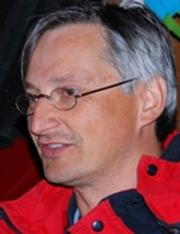
Günter Lepperdinger
Dr. Günter Lepperdinger is co-founder of ASciNA. He is at the center of the Austrian ASciNA activities. Further, he is organizing the ASciNA Awards. For his years of service and his tireless leadership he received the ASciNA Champions Award, which was awarded as a surprise during the Celebration of 10 Years of ASciNA.
Günter Lepperdinger is Full Professor at the University of Salzburg. He holds a PhD in Biochemistry, is a developmental biologist by training and has worked in Biogerontology with specialization on Stem Cell Ageing since 2002 at “The Inst. for Biomedical Aging Research” in Innsbruck, Austria. He recently moved to Salzburg University to chair the Stem Cell Biology and Healthy Longevity Research Unit. He is Editor to Karger’s “Gerontology”, furthermore serving as an Editorial Board Member for many international scientific journals and engaged in European research projects on Aeging (e.g. MOPACT) and Tissue Engineering (e.g. VASCUBone).
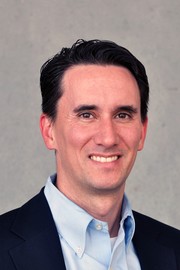
Hubert Zajicek
Dr. Hubert Zajicek is past-president of ASciNA. He also was a co-founder and founding board member of ASciNA, serving in many different capacities. He is CEO, co-founder and partner at Health Wildcatters, a top ranked seed stage healthcare accelerator in Dallas. He previously was managing director – medical technology of NTEC (North Texas Enterprise Center) – Medical Technology in Dallas-Fort Worth, Texas and organizer of the regions’ largest medical technology investment conference every year. Before joining NTEC he held a faculty position in the Department of Internal Medicine – Nephrology and Cell Biology at UT Southwestern, where he also was a post-doctoral NIH-fellow. Hubert received his Doctorate in Medicine (M.D.) from the University of Vienna, School of Medicine (1996), and his Master of Business Administration (M.B.A.) from the Cox School of Business at Southern Methodist University in 2006.
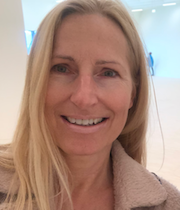
Eva Schernhammer
DDr. Eva Schernhammer founded in 2001 – coinciding with the formation of a group of Austrian scientists in Washington DC – the inaugural ASCINA Chapter in Boston together with Dr. Wolfgang Winkelmayer. Soon after, they and the growing group of Ascina members in Boston put together the association statutes and launched in June 2002 the North America-wide association “ASCINA” (with her as one of the founding members). Together with Wolfgang Winkelmayer she established in Boston for the first time the “monthly scientific talks” followed by socializing in a local pub – today integral part of all ASCINA Chapters. After having chaired the Boston Chapter for several years, from 2005-2008 she was elected the first female president of all ASCINA.
From the very beginning, the ASCINA Chapter in Boston established itself as the most prosperous and member-strong Chapter within ASCINA, and became the main driving force for Ascina’s agenda in the early years of the association. Under the presidency and the initiative of Wolfgang Winkelmayer, the member database had grown to a remarkable extent. This won ASCINA, the first and only club of Austrian scientists in North America, attention and gave it importance to the Republic of Austria, paving the way for several important decisions, under the presidency of Eva Schernhammer. At the initiative of Eva Schernhammer and thanks to her persistent lobbying, the ASCINA Award was established in 2008, sponsored by the Austrian Ministry of Science (BMWF). The first ASCINA prizes, endowed with 20,000.- EUR, were subsequently awarded on 10 November 2008, by Minister Hahn and Eva Schernhammer. Furthermore, under Eva’s presidency, club membership was formalized (i.e. various levels of ASCINA membership, as well as the introduction of a membership fee), and the ASCINA mentoring program, which was based on an idea by Werner Olipitz and set up personally by him, was initiated. A virtual secretariat was established (also sponsored by the Austrian Ministries, at that time BMVIT/brainpower), which allowed to expand the membership database, send out an annual newsletter, establish additional Chapters, and, in 2008, organize the second major ASCINA Conference in Vienna. During the last year of her presidency, Peter Nagele became Vice-President and actively supported Eva Schernhammer, allowing that a seamless transfer of responsibilities could be carried out with the end of 2008.
In 2009/2010 Eva Schernhammer spent a sabbatical at UCLA in Los Angeles, and at that time took over the Presidency of the Chapter “South Pacific”, which was able to regroup and, with new impetus, continued to thrive.
After several years of clinical work at SMZ-South (at that time the Kaiser-Franz-Josef Hospital) in Vienna, with a focus on oncology, Eva Schernhammer, who is an alumna of the Medical University of Vienna (MD 1992), received her doctorate in Epidemiology at the Harvard School of Public Health (HSPH) and, since 2003, was full-time faculty at Harvard Medical School/HSPH. Since 2015, she is Professor of Epidemiology and Head of the Department of Epidemiology at the Medical University of Vienna, while maintaining active research programs at Harvard. In addition to her MD (Medical University of Vienna, 1992) and Doctor of Public Health, Epidemiology (DrPH, 2003 Harvard School of Public Health), she also holds an MPH (Harvard School of Public Health, 2000) and MSc (Psychology, University of Vienna, 2003). In 2005, Dr. Eva Schernhammer received her Habilitation in Public Health/Social Medicine (Medical University of Vienna). In October 2011, she successfully completed her check-ride over the Malibu Hills and obtained the “Private Pilot License” from Encore Flight School in Van Nyus, California.
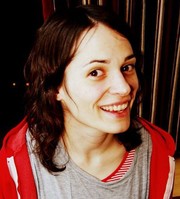
Eva Fast
Controller
Dr. Fast originally came to Boston in 2005 to perform research in Developmental Biology for my Diploma thesis at the Dana-Farber Cancer insitute. After she graduated with a Dipl-Ing (FH) in Biotechnology from the University of Applied sciences (Fachhochschule) Krems she returned to Boston and completed a PhD in Biology at Boston University. After her graduation in 2013 she started Post-doc at Harvard University. she has been a participant at various ASCINA meetings, science talks as well as the mentoring program. Since 2013 she is the head of the ASCINA Greater Boston Chapter.
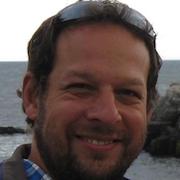
Gregor Kos
I am a researcher and lecturer at at Concordia University in Montreal, Canada.
My research focuses on the analysis and modelling of instrumental, observational data (air quality, occurrence of air, water and soil contaminants such as mercury and (bio)organics). My current research focus is on predictive modelling using machine learning methods, all of which I do with R and Matlab.
I teach Analytical and Environmental Chemistry, Thermodynamics and Advanced Data Analysis at Concordia.
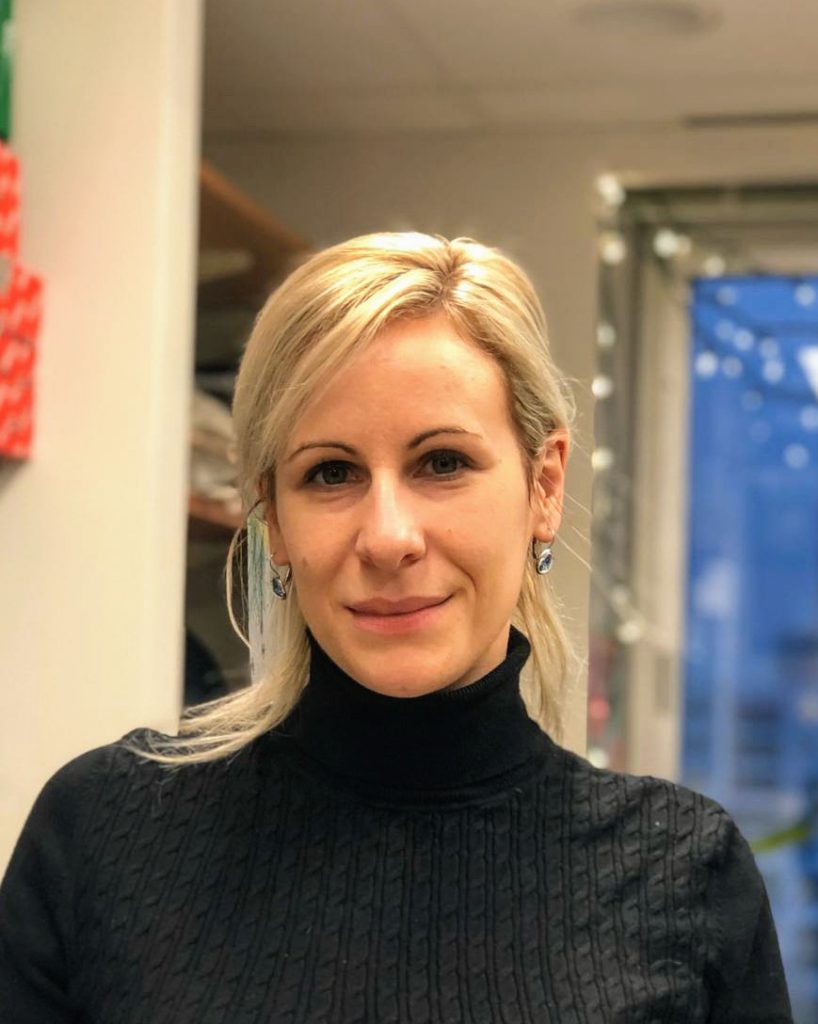
Denise Haslwanter
Chapter President, Austria (Alumni)
Denise Haslwanter, Ph.D., an esteemed virologist, currently serves as the Associate Director Global Medical Affairs at BioNTech SE. With an enduring fascination for viruses, Denise effectively employs clinical data to steer informed decisions in vaccine development.
Her pivotal role encompasses advancing understanding of infectious diseases, providing support in clinical and regulatory dialogues, and delivering scientific training.
Originally from Tyrol, Denise began her academic journey at the University of Innsbruck for her Bachelor’s, and later pursued her Master’s at the University of Vienna. She immersed herself in the intricate realm of Virology during her Ph.D. studies at the Medical University of Vienna at the Center for Virology under the guidance of Dr. Karin Stiasny and Dr. Franz X Heinz. Her tenure as a Research Fellow at the Albert Einstein College of Medicine in New York, under the mentorship of Dr. Kartik Chandran, marked a significant phase in Denise’s career. Here, she achieved remarkable milestones in better understanding of viruses and vaccines. Spearheading projects related to yellow fever virus vaccine efficacy and various aspects of SARS-CoV-2 during the COVID-19 epidemic, Denise’s efforts culminated in multiple publications, a patent, and recognition through an award for her exceptional postdoctoral work.
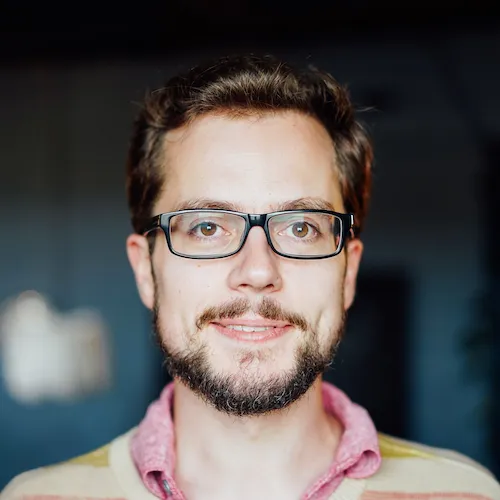
Matthias Gerstgrasser
Chapter President, Bay Area
Matthias Gerstgrasser is a Research Associate and Co-PI at Harvard’s School of Engineering and Applied Sciences, and a visiting scholar at Stanford University. His research is on machine learning and game theory, with a particular focus on making modern AI systems such as large language models robust and adaptable to the behavior of their human users and other AI agents they interact with.
Prior to coming to the US, Matthias spent time in the UK, graduating from Cambridge and Oxford. In addition to academic research, Matthias has held industry positions at organizations including the European Space Agency, ARM, and IBM Research.

Angelika Riemer
Chapter President, Heidelberg, Germany (Alumni)
Angelika Riemer is the President of the Heidelberg, Germany (Alumni) chapter

Andreas Kurz
Chapter President, Mexico
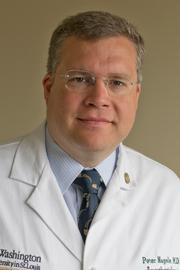
Peter Nagele
Past President and Chapter President, Mid West and Chicago
Dr. Peter Nagele ist Gründung- und langjaehriges Vorstandsmitglied von ASCINA. Von 2008 bis 2011 bekleidete er das Amt des Präsidenten. Er arbeitet seit 2005 Anästhesist und klinischer Forscher an der Washington University School of Medicine in St. Louis, und leitet dort eine klinische Forschungsgruppe. Seine Forschung konzentriert sich auf kardiale Komplikationen von chirurgischen Patienten und genetische Risikofaktoren. Ein zweiter Schwerpunkt ist der von ihm entdeckte Ansatz, Patienten mit schwerer, therapieresistenter Depression mittels Lachgas zu behandeln, was innerhalb von wenigen Stunden zu einer deutlichen Verbesserung der depressiven Symptome fuehrt.
Er hat an der Uni Innsbruck Medizin studiert und seine Facharztausbildung in Anaesthesiologie und Intensivmedizin am AKH Wien abgeschlossen. 2005 habilitierte sich Peter Nagele an der Medizinischen Universität Wien und ist seither in den USA.
Alexander Rauscher
Alexander Rauscher is the President of the Pacific North and Western Canada chapter
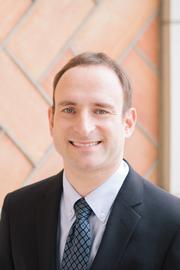
Franz Franchetti
Franz Franchetti is a Professor with the Department of Electrical and Computer Engineering at Carnegie Mellon University. He received the Dipl.-Ing. (M.Sc.) degree in Technical Mathematics and the Dr. techn. (Ph.D.) degree in Computational Mathematics from the Vienna University of Technology in 2000 and 2003, respectively. In 2006 he was member of the team winning the Gordon Bell Prize (Peak Performance Award) and in 2010 he was member of the team winning the HPC Challenge Class II Award (most productive system). In 2013 he received the CIT Dean’s Early Career Fellowship awarded by the College of Engineering of Carnegie Mellon University. Dr. Franchetti’s research focuses on automatic performance tuning and program generation for emerging parallel platforms and algorithm/hardware co-synthesis. He targets multicore CPUs, clusters and high-performance systems (HPC), graphics processors (GPUs), field programmable gate arrays (FPGAs), FPGA-acceleration for CPUs, and logic-in-memory and 3DIC chip design. He leads three DARPA projects in the BRASS, HACMS and PERFECT programs and is PI/Co-PI on a number of federal and industry grants. Since 2011 he is CTO of SpiralGen, Inc., a Pittsburgh area technology startup he co-founded in 2009. Franz has been playing the electric guitar on-stage in various rock bands since 1993. Watch him perform live or visit Wr. Neustadt’s newcomer festival SCHMU, where he performed and served as stage engineer. He is ASciNA President and leads the Western Pennsylvania chapter of Austrian Scientists and Scholars in North America (ASCiNA).
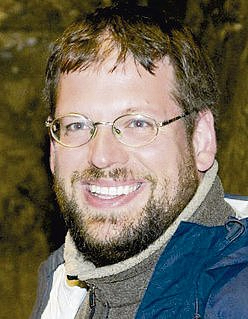
Bence Viola
Chapter President, Toronto and South-Central Canada
I am a paleoanthropologist focusing on the biological and cultural dynamics of the contacts between different hominin groups in the late Pleistocene.
To better understand these interactions, I use a combination of morphological, genetic and archaeological approaches. I concentrate on Central / Northern Asia and Central Europe, which are both areas where contacts between modern and archaic humans are thought to have taken place.
The probably most interesting region for this question are the Altai mountains of Southern Siberia, where we do not only find the easternmost Neanderthals, but also a group that we mostly know form its DNA, the Denisovans. I am currently working on the description of new Neanderthal and Denisovan fossils from this region, and am also involved in ancient DNA analyses of these remains. I also conduct new fieldwork at Sel’ungur cave in Kyrgyzstan, where excavations in the 1980s recovered the oldest human remains from Central Asia.
Central Europe is one of the regions where Neanderthals and modern humans probably met. Together with scientists from Germany, Austria and Hungary we are currently studying the late Neanderthals and first modern humans from this area, trying to understand when and how these contacts took place.
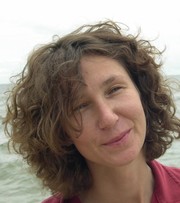
Cornelia Fermueller
Chapter President, Washington, DC
Cornelia Fermüller is the President of the Washington DC chapter. She is a research scientist at the Institute for Advanced Computer Studies (UMIACS) at the University of Maryland at College Park. She holds a Ph.D. from the Technical University of Vienna, Austria and an M.S. from the University of Technology, Graz, Austria, both in Applied Mathematics. She co-founded the Autonomy Cognition and Robotics (ARC) Lab and co-leads the Perception and Robotics Group at UMD. She is the PI of an NSF-sponsored Network for Accelerating Research on Neuromorphic Engineering. Her research is in the areas of Computer, Human and Robot Vision. She studies and develops biologically inspired Computer Vision solutions for systems that interact with their environment. In recent years, her work has focused on the interpretation of human activities, and on motion processing for fast active robots using as input bio-inspired event-based sensors.
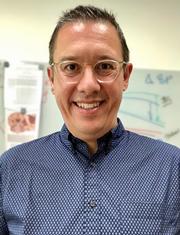
Dietrich Haubenberger
Immediate Past President
| Cookie | Duration | Description |
|---|---|---|
| cookielawinfo-checkbox-necessary | 1 year | Set by the GDPR Cookie Consent plugin, this cookie is used to record the user consent for the cookies in the "Necessary" category . |
| CookieLawInfoConsent | 1 year | Records the default button state of the corresponding category & the status of CCPA. It works only in coordination with the primary cookie. |
| elementor | never | This cookie is used by the website's WordPress theme. It allows the website owner to implement or change the website's content in real-time. |
| PHPSESSID | session | This cookie is native to PHP applications. The cookie is used to store and identify a users' unique session ID for the purpose of managing user session on the website. The cookie is a session cookies and is deleted when all the browser windows are closed. |
| pmpro_visit | session | The cookie is set by PaidMembership Pro plugin. The cookie is used to manage user memberships. |
| viewed_cookie_policy | 1 year | The cookie is set by the GDPR Cookie Consent plugin to store whether or not the user has consented to the use of cookies. It does not store any personal data. |
| Cookie | Duration | Description |
|---|---|---|
| cookielawinfo-checkbox-non-essential | 1 year | No description |